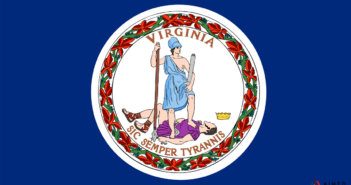Earlier this year, the Centers for Medicare & Medicaid Services (CMS) issued the 2020 Notice of Benefit and Payment Parameters (NBPP), which clarified when health plans can exclude the value of copay coupons from the calculation of enrollees’ annual limit on out-of-pocket costs. This rule would have allowed health plans to exclude the value of copay coupons from an enrollee’s annual limit on out-of-pocket costs only when they fill a prescription for a brand drug and a generic equivalent is available. In instances where an enrollee fills a prescription for a brand drug that does not have a generic equivalent, health plans would have been required to include copay coupons in their calculation of the enrollee’s annual limit on out-of-pocket costs.
On August 26, 2019, the U.S. Department of Health and Human Services (HHS), the U.S. Department of Labor (DOL), and the U.S. Treasury jointly issued a guidance document that delays the enforcement of this rule. The federal agencies chose to do this because the final 2020 NBPP conflicted with guidance that was issued in 2004 by the Internal Revenue Service (IRS) regarding high-deductible health plans. The IRS guidance specifies that copay coupons must be excluded from the calculation of an enrollee’s deductible in all instances. If an enrollee in a high-deductible health plan fills a prescription for a brand drug that doesn’t have a generic equivalent, it would have been impossible for the plan to comply with both the 2020 NBPP rule and the 2004 IRS guidance.
HHS will be issuing a new rule for copay coupons in the 2021 Notice of Benefit and Payment Parameters, which is expected this Fall. Until a new rule is promulgated, health plans will be able to exclude the value of copay coupons from the calculation of enrollees’ annual limit on out-of-pocket costs at their own discretion. Aimed Alliance supported the 2020 NBPP because it would have allowed patients to meet their cost-sharing responsibilities sooner and could have prevented unnecessary disruptions in patients’ continuity of care caused by unaffordable cost-sharing requirements. We recommend that the IRS revoke its 2004 guidance rather than delaying the enforcement of the 2020 NBPP. Read more.
Last Updated on May 14, 2020 by Aimed Alliance



